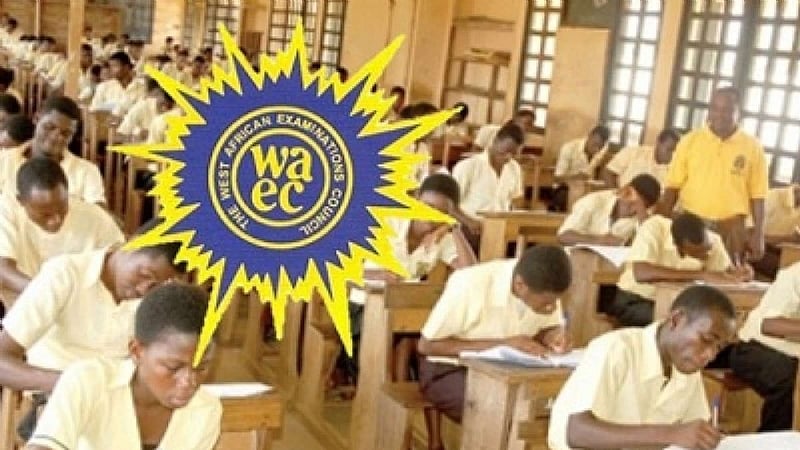The West African Examinations Council (WAEC) has found itself at the center of a swirling controversy following its decision to incorporate lyrics from King Paluta’s popular song “Aseda” into the 2025 Basic Education Certificate Examination (BECE) Music and Creative Arts paper. The question, which required students to identify two major social issues reflected in the song’s lyrics, has ignited a debate about the appropriateness of using contemporary music, specifically rap, in a high-stakes national examination. WAEC has defended its choice, arguing that the question was both legitimate and accessible, while critics have raised concerns about curriculum alignment, fairness, and potential language barriers. The controversy underscores broader questions about the evolving nature of educational assessment and the role of popular culture in shaping pedagogical approaches.
WAEC’s Head of Public Affairs, John Kapi, has maintained that the inclusion of “Aseda” was justified, emphasizing that teachers were provided with the necessary materials in advance, allowing them to adequately prepare students for the examination. He argued that language should not have posed a significant obstacle, as teachers were expected to guide students through the lyrics and their interpretation. This assertion, however, has been met with skepticism from education experts and parent representatives who question whether all students across diverse linguistic backgrounds had equal access to the song and its meaning.
Dr. Peter Partey-Anti, an education policy analyst, has challenged the pedagogical basis of the question, raising concerns about its alignment with the established curriculum. He questioned whether the song was part of the prescribed textbooks and whether all students had been exposed to its content prior to the examination. Dr. Partey-Anti argued that consistently setting questions outside the curriculum places an unfair burden on students and undermines their ability to perform well. His critique highlights a fundamental concern regarding the validity of assessment practices that deviate from the prescribed learning materials.
Gapson Kofi Raphael, General Secretary of the National Council of Parent Teacher Associations (NCPTA), echoed Dr. Partey-Anti’s concerns, specifically challenging WAEC’s claim that language was not a barrier. He emphasized the linguistic diversity of Ghana and questioned the fairness of using a song in one particular language, potentially disadvantaging students whose primary language is different. This raises the broader issue of inclusivity in assessment and the need to consider the diverse linguistic and cultural backgrounds of students when designing examination questions.
The controversy surrounding “Aseda” in the BECE highlights a complex interplay of factors: the evolving nature of curriculum development, the role of popular culture in education, and the challenges of ensuring fairness and accessibility in high-stakes examinations. WAEC’s decision, while intending to perhaps modernize the exam and connect with contemporary student experiences, inadvertently sparked a debate about the very principles of assessment and the need for transparency and alignment between curriculum, instruction, and evaluation.
While WAEC maintains its position that the “Aseda” question was fair and well-supported, the criticisms raised by educators and parent representatives underscore the importance of careful consideration when incorporating non-traditional materials into national examinations. The incident serves as a valuable case study for examining the complexities of assessment design and the need for ongoing dialogue between examination bodies, educators, and stakeholders to ensure that assessment practices are both valid and equitable for all students. The debate also underscores the importance of clearly defined assessment criteria and open communication regarding the inclusion of any material outside the established curriculum.


